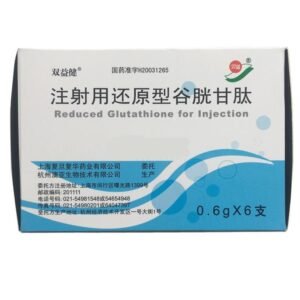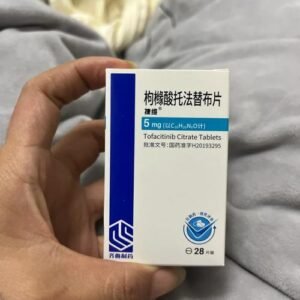enfortumab vedotin-ejfv. 恩诺单抗/维恩妥尤单抗Padcev/Enfortumab vedotin
Enfortumab vedotin (Padcev, generic name: Enfortumab vedotin), also known as veentoumab, is an innovative antibody-drug conjugate (ADC) designed for the treatment of locally advanced or metastatic urothelial carcinoma. This drug is made of enfortumab, a human IgG1 monoclonal antibody targeting nectin-4, coupled with the cytotoxic agent MMAE (monomethyl auristatin E). By precisely targeting cancer cells, it achieves effective treatment of urothelial carcinoma.
Drugs and Diseases
Urothelial carcinoma is a malignant tumor originating from the urothelium, mainly including bladder cancer, ureteral cancer and renal pelvic cancer. In the advanced or metastatic stage of this type of cancer, patients often face the dilemma of limited treatment options and poor prognosis. The advent of Enfortumab has brought new hope to these patients. It specifically binds to the nectin-4 receptor on the surface of urothelial cancer cells and delivers the cytotoxic drug MMAE directly into the cancer cells, thereby achieving precise killing of cancer cells.
Adverse reactions
Although Enrotumab has achieved remarkable results in the treatment of urothelial carcinoma, patients still need to pay attention to its possible adverse reactions during use. Common adverse reactions include fatigue, peripheral neuropathy, loss of appetite, rash, hair loss, nausea, indigestion, diarrhea, dry eyes and itching. These reactions are mostly mild to moderate, and most patients can be relieved by adjusting the dose or symptomatic treatment.
However, some patients may also experience serious adverse reactions, such as hyperglycemia, pneumonia, and worsening peripheral neuropathy. Therefore, when using Enrotumab, doctors need to closely monitor the patient’s physical condition and promptly detect and deal with potential adverse reactions. For patients with high-risk factors, such as diabetic patients or patients with a history of peripheral neuropathy, doctors need to more carefully evaluate the pros and cons of using Enrotumab.
Share:
Products
Our offers
Health Classification
Let us work together to protect precious health




























